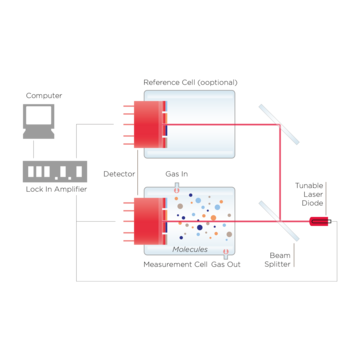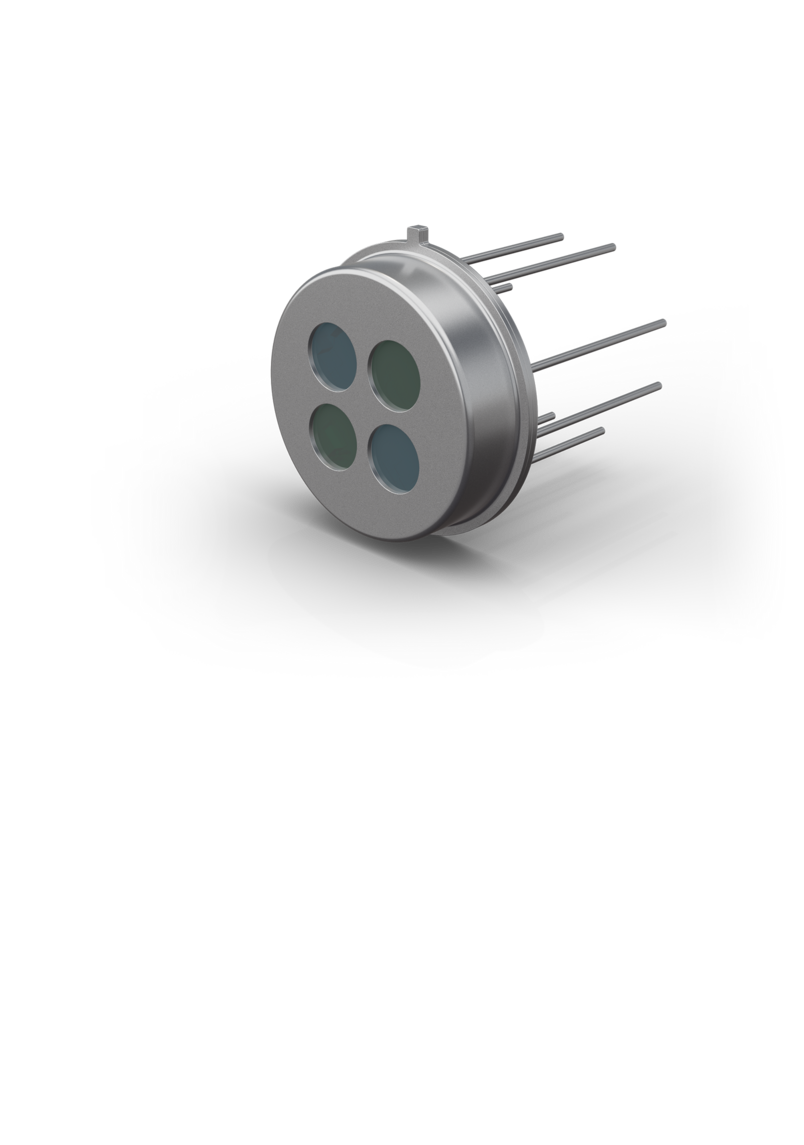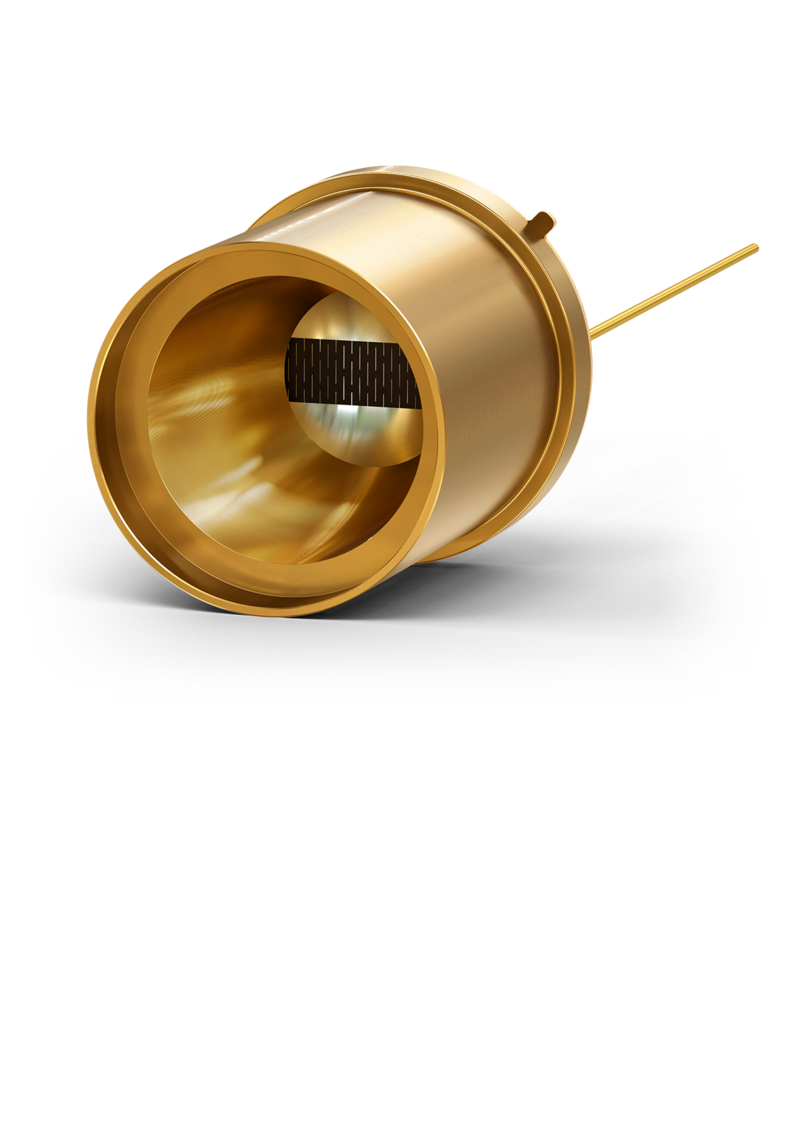Tunable Diode Laser Absorption Spectroscopy / TDLAS


Tunable Diode Laser Absorption Spectroscopy (TDLAS) is a sensitive detection method that uses a tunable laser diode to determine not only the existence, but also the concentration of a substance in a medium.
According to the Beer-Lambert extinction law, the amount of attenuation in a light pulse depends on the concentration of the absorbing molecules and the path length over which absorption occurs. As light traverses a medium containing an absorbing analyte, decreases in intensity occur as the analyte becomes excited. This means that for a given path length attenuation increases with the concentration of absorbers. Semiconductor lasers can be tuned in wavelength to match distinctive absorption lines.
By transmitting a beam of light through a gas mixture containing a (usually trace) quantity of the target gas, tuning the beam’s wavelength to one of the target gas’s absorption lines, and accurately measuring the absorption of that beam, one can deduce the concentration of target gas molecules integrated over the beam’s path length. This measurement is usually expressed in units of ppm-m.
Let's get in touch!

Product Selection









